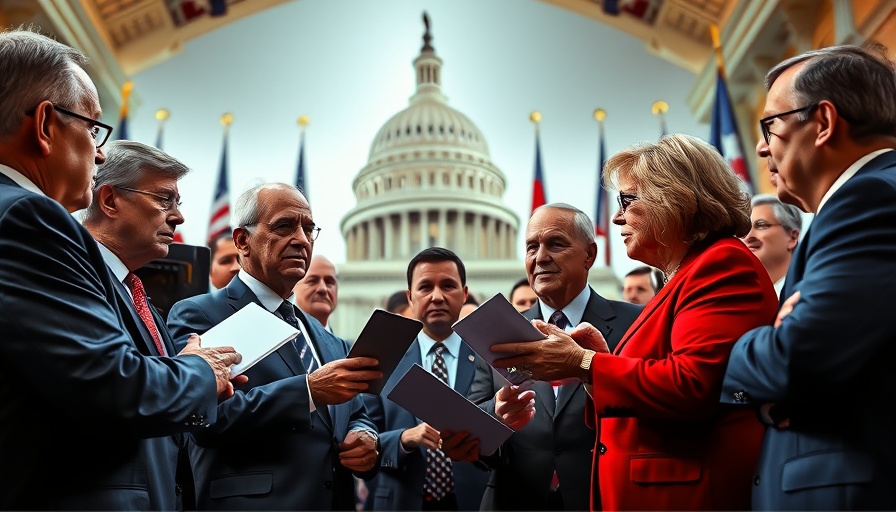
The Struggle for Healthcare Access in Texas
Texas has often been a microcosm of the larger struggles in America—a place of remarkable resilience and vibrant culture juxtaposed against steep challenges, especially in healthcare. The recent cuts to funding for vital reproductive health services have drawn attention to the disparities afflicting many Texans, particularly Latinas and low-income communities. These inequalities echo throughout history, with a legacy of hurdles rooted in systemic biases and underfunded healthcare options.
Understanding the Local Landscape
Being a Texan means grappling with contradictions; it’s a land of opportunity that can also be unwelcoming. From my own experiences, I recall my trepidation driving 35 miles for basic reproductive healthcare as a college student. This wasn’t just a logistical challenge—it was a matter of life and health for countless women, including my own family. As recent legislative actions threaten to further limit access to clinics like Planned Parenthood, the gravity of this situation becomes apparent.
The Danger of Cutting Funding
When the U.S. House advanced measures to block Medicaid funding for Planned Parenthood, the stated rationale centered around budgetary constraints. Yet, the Congressional Budget Office pointed out that such cuts wouldn't save money; in fact, they could cost taxpayers significantly more. By taking away access to birth control, preventive care, and abortion services from women, legislators are not only jeopardizing health but also perpetuating cycles of poverty that often entrap marginalized communities.
A Changing Demographic Landscape
As Hispanic Texans now account for over 40 percent of the state’s population, the narrative is shifting. However, the alarming truth remains that many enjoy minimal representation in healthcare policy discussions. Chronic underfunding of reproductive health services leaves many women, especially from underserved communities, with limited options. In the Rio Grande Valley, where I grew up, I witnessed firsthand how healthcare access—or the lack thereof—can dictate life choices.
The Need for Advocacy and Representation
Despite facing considerable obstacles, there's a growing movement among young people and activists fighting for change. The Menstrual Act I helped champion during my time in student government is just one small victory. As more voices emerge advocating for equitable healthcare, it’s essential to amplify these stories and demands. Texas stands on the brink of transformation—a transformational northeast from neglected shadows into a state that prioritizes health and human rights.
Community Engagement: A Path Forward
Through local activism and community organization, Texans are shaping their narrative. It’s essential to continue mobilizing, especially around reproductive rights, as they directly influence many lives. Educating ourselves about these pressing issues strengthens our collective efforts. We must combat political apathy by advocating for accessible healthcare, regardless of one’s zip code, race, or economic status.
What Lies Ahead
The resilience I've witnessed in our communities inspires hope. As more people take action, pushing for reforms and fostering critical conversations, there's potential to rewrite Texas's narrative. A climate where healthcare is a right, not a privilege, can only emerge through persistent advocacy and community support. It's time for Texas to fully embrace—rather than contradict—the ideals of freedom and equity.
Conclusion: A Call to Action
If you believe in a Texas that prioritizes the health and dignity of all its residents, become an advocate. Whether attending town hall meetings, engaging in local campaigns, or simply sharing stories, every action counts. The fight for health equity continues—let's ensure that these issues resonate beyond our communities and that every Texan's voice is heard.
 Add Row
Add Row  Add
Add 




 Add Row
Add Row  Add
Add 


Write A Comment